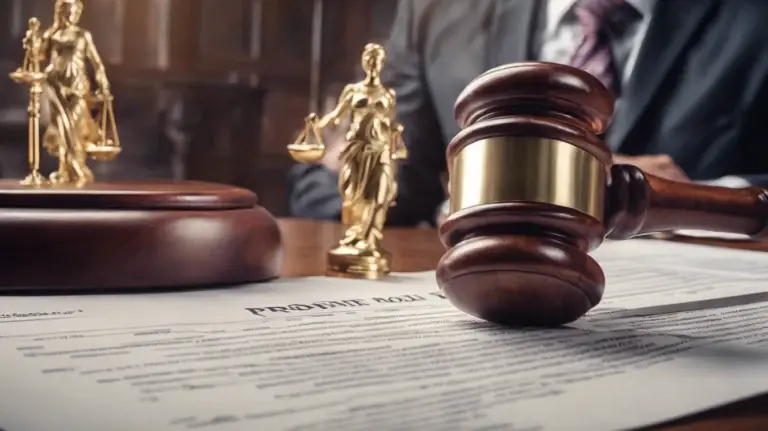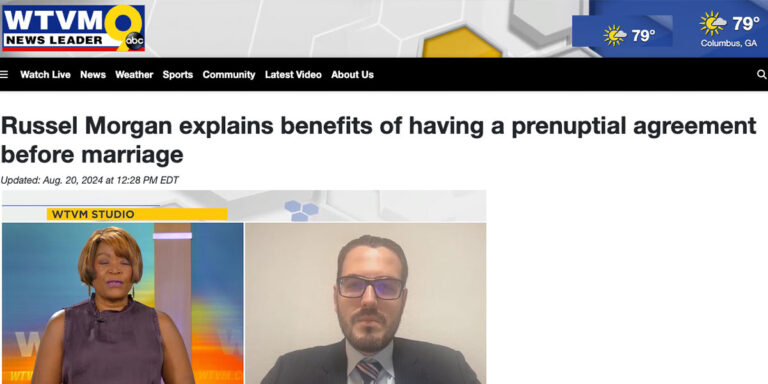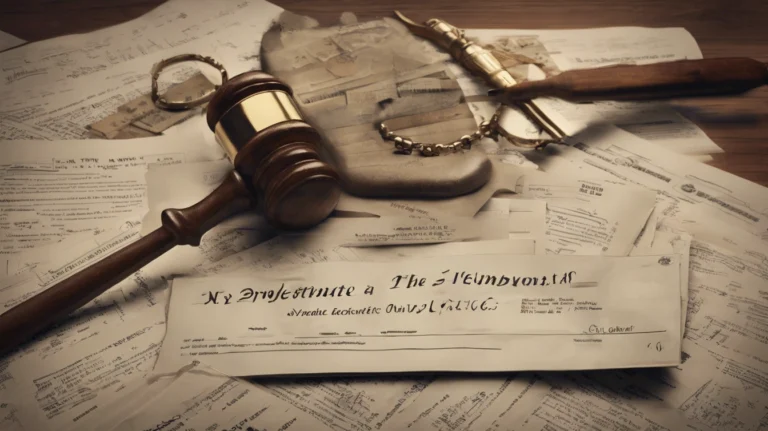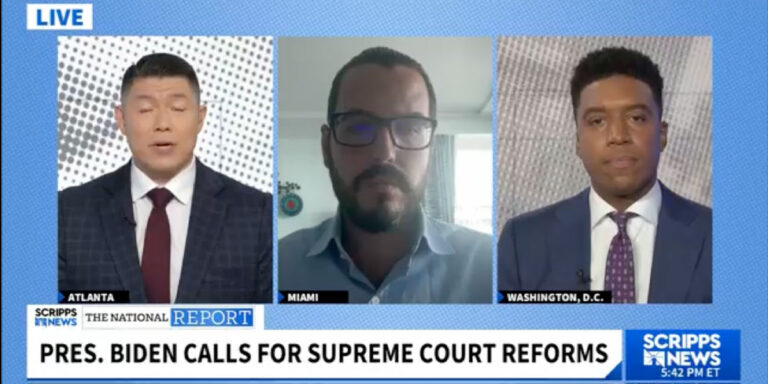
Drug overdose rates increase year after year.
Rising Drug Overdose Rates and Legal Penalties in New York Drug overdose rates in the United States continue to climb year after year, raising significant


Home » Estate Planning Attorney near me Queens » Page 10

Rising Drug Overdose Rates and Legal Penalties in New York Drug overdose rates in the United States continue to climb year after year, raising significant

Understanding the Role of a Probate Property Attorney in New York The probate process is a legal procedure that occurs after someone passes away, involving

The Benefits of Having a Prenuptial Agreement Before Marriage Marriage is one of life’s most significant decisions, but it comes with financial and legal implications.

Estate Planning for Vacation Homes in New York Owning a vacation home can be one of the most rewarding investments. It provides a retreat for

Major Reasons for Guardianship in New York Guardianship is a legal process in which a court appoints an individual, known as a guardian, to make

Will an Attorney in New York: Protecting Your Future Creating a will is one of the most important steps to plan for your future and

Guardianship in New York: Understanding the Process and Importance In New York, the guardianship process is a legal mechanism designed to protect those who are

Make Estate Plans at the Right Time in New York Estate planning is essential to ensuring that your assets, health care decisions, and the future

The Probate Process in New York: A Comprehensive Guide The probate process is often a challenging time for families as they cope with the loss

Probate Lawyers in NYC: Guiding You Through the Probate Process The probate process can be complex and overwhelming, particularly during a time of grief. At

Probate Lawyers in NYC: Guiding You Through the Probate Process The probate process can be complex and overwhelming, particularly during a time of grief. At

New York Estate Planning Lawyer: Protecting Your Future When it comes to securing your assets and ensuring your loved ones are cared for, proper estate

All You Need to Know About a Last Will in New York and New Jersey Creating a Last Will is a crucial step in estate

Probate Lawyers in New York: Your Guide Through the Process At Morgan Legal Group, we understand the complexities and emotional challenges of managing the estate

Antitrust Lawsuits and Corporate Collusion: Insights by Morgan Legal Group At Morgan Legal Group, located in New York City, we specialize in estate planning, probate,

Estate Planning and Probate At Morgan Legal Group, based in New York City, we specialize in estate planning, probate, guardianship, elder law, wills, and trusts.

Estate Planning and a Last Will in New York At Morgan Legal Group, located in New York City, we specialize in estate planning, probate, guardianship,

Importance of Elder Law Attorney in New York At Morgan Legal Group, located in New York City, we specialize in estate planning, probate, guardianship, elder

7 Point Probate Checklist To Follow in New York At Morgan Legal Group, located in New York City, we specialize in estate planning, probate, guardianship,

Does Your Estate Have to Go Through Probate in New York? At Morgan Legal Group, located in New York City, we specialize in estate planning,

Can I Put My House in a Trust Without a Lawyer in New York? At Morgan Legal Group, located in New York City, we specialize

Does a Power of Attorney End at Death in New York? At Morgan Legal Group, located in New York City, we specialize in estate planning,

Russel Morgan’s Insights on Presidential Proposals for Judicial Reform Presidential Plans for Judicial Reform First and foremost, the president is laying out a plan to

Estate Planning Goals for Blended Families in New York At Morgan Legal Group, located in New York City, we specialize in estate planning, probate, guardianship,

Guardianship Lawyer in Queens, New York At Morgan Legal Group, located in New York City, we specialize in estate planning, probate, guardianship, elder law, wills,

Guardianship Lawyer Long Island, New York At Morgan Legal Group, located in New York City, we specialize in estate planning, probate, guardianship, elder law, wills,

Errors of Estate Planning Through Digital Means in New York At Morgan Legal Group, located in New York City, we specialize in estate planning, probate,

Assets to Put in a Revocable Living Trust in New York At Morgan Legal Group, located in New York City, we specialize in estate planning,

Hollywood’s video game performers went on strike Friday after negotiations with major game studios came to a halt over artificial intelligence protections. Russel Morgan, a

Does a Will Keep an Estate from Going Through Probate in New York? At Morgan Legal Group, located in New York City, we specialize in
Ⓒ 2025 - All Rights Are Reserved | Privacy Policy | Estate Planning Attorney NYC | Sitemap